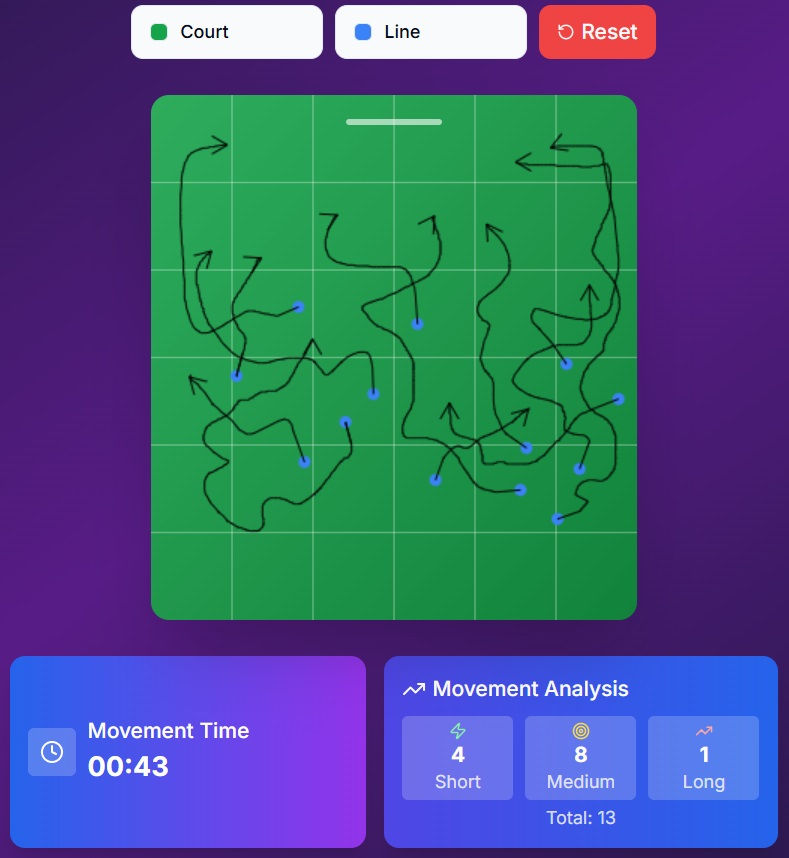Unveiling the Power of Ecological Dynamics in Coaching Strategies
- Creative PhysEd
- Jun 26, 2024
- 2 min read
In the ever-evolving world of sports coaching, staying ahead of the game is paramount. One approach that has gained recognition for its innovative and effective methods is Ecological Dynamics . This dynamic framework, grounded in the principles of dynamical systems theory, emphasizes the interaction between athletes and their environment to optimize performance outcomes.
Understanding Ecological Dynamics
Ecological Dynamics challenges traditional coaching paradigms by shifting the focus from isolated skill development to a holistic approach that considers the athlete as a complex system interacting with various environmental constraints. These constraints, ranging from the physical surroundings to psychological factors, play a crucial role in shaping an athlete's performance.
By acknowledging the interconnectedness between athletes and their environment, coaches can design training programs that mimic real-game scenarios, allowing athletes to adapt and develop skills in contextually relevant situations. This approach not only enhances skill acquisition but also promotes decision-making abilities and cognitive skills essential for peak performance.
Embracing Innovation in Coaching
Integrating Ecological Dynamics into coaching strategies presents a paradigm shift that revolutionizes the way athletes are trained. Instead of rigid drills and repetitive exercises, coaches can create dynamic and adaptable training environments that challenge athletes to respond critically, react instinctively, and continuously adapt to changing circumstances.

Emphasizing Skill Transfer and Decision-Making
A key benefit of incorporating ecological dynamics is its emphasis on skill transfer. By training athletes in environments that closely resemble competitive settings, the transfer of skills from practice to performance becomes more seamless. This approach not only accelerates skill acquisition but also fosters a deeper understanding of decision-making processes under pressure.
Enhancing Athlete-Centric Coaching
Ecological Dynamics emphasizes the individuality of athletes and recognizes that each athlete responds differently to environmental constraints. By tailoring coaching strategies to the unique needs and capabilities of each athlete, coaches can create personalized training programs that maximize potential and foster a sense of ownership and autonomy among athletes.
Looking Ahead: The Future of Coaching
As coaching continues to evolve, embracing innovative methodologies like Ecological Dynamics holds the key to unlocking athletes' full potential. By cultivating a deep understanding of the intricate relationship between athletes and their environment, coaches can empower athletes to thrive in competitive settings and achieve peak performance.
In conclusion, integrating Ecological Dynamics into coaching strategies is not just a trend but a transformative approach that redefines the coaching landscape. By harnessing the power of dynamic systems theory and emphasizing the athlete-environment interaction, coaches can nurture adaptive, resilient, and high-performing athletes who are ready to conquer any challenge that comes their way.




Comments